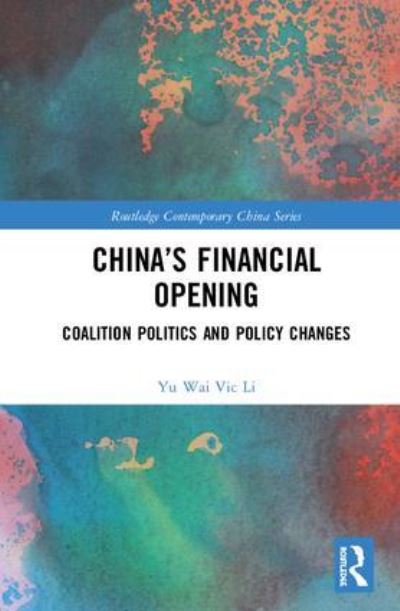
The twenty-first century has not only seen China become one of the world's largest trading nations, but also its gradual integration into the global financial system. Chinese-sponsored project financing schemes, such as the Belt-and-Road Initiative and the Asian Infrastructure Investment Bank, and the expanding international footprint of the renminbi, have raised the specter of Beijing shaping established market rules and practices with its financial firepower. These dramatic developments beyond the "Great Wall of Money" have overshadowed the equally remarkable opening of China's domestic capital markets. These include initiatives that make cross-border equity trade and investment easier; attempts to internationalize exclusively domestic-oriented equity markets; and creation of the first offshore renminbi hub in Hong Kong, paving the way for the "big bang" of renminbi use worldwide.
Li interrogates the domestic political dynamics underlying the dizzying switches between liberalization and restriction. This book argues that the interplay between the pro-opening coalitions and dissenting parties has been central to the policymaking process. Financial opening has not only been driven by central bureaucratic actors, but also by financial industry interests and the local authorities of financial centers acting in concert as coalitions. The local and financial constituents have shaped policy agendas and priorities, and defined and framed liberalizing initiatives in ways that appealed to bureaucratic entities. They also sought wider political support by capitalizing on connections with top decision-making elites. To allay opposition and maintain political and technical consensus, the coalition constituents have offered concessions to dissenting parties over implementation specifics. This, however, has not always succeeded. Dissenting parties who recognized adverse distributional and policy risk implications inherent in the opening initiatives might decline concessionary offers, leading to policy tendencies other than opening.
As one of the very first political economy contributions to studies of China's financial opening from the 2000s, this book will appeal to researchers of international political economy, East Asia and China specialists, and financial practitioners and policymakers wanting to make sense of the country's liberalizing logic.
| ISBN: | 9781138727540 |
| Publication date: | 26th March 2018 |
| Author: | YuWai Vic Li |
| Publisher: | Routledge an imprint of Taylor & Francis |
| Format: | Hardback |
| Pagination: | 216 pages |
| Series: | Routledge Contemporary China Series |
| Genres: |
Politics and government International economics Political economy Regional / International studies Globalization |